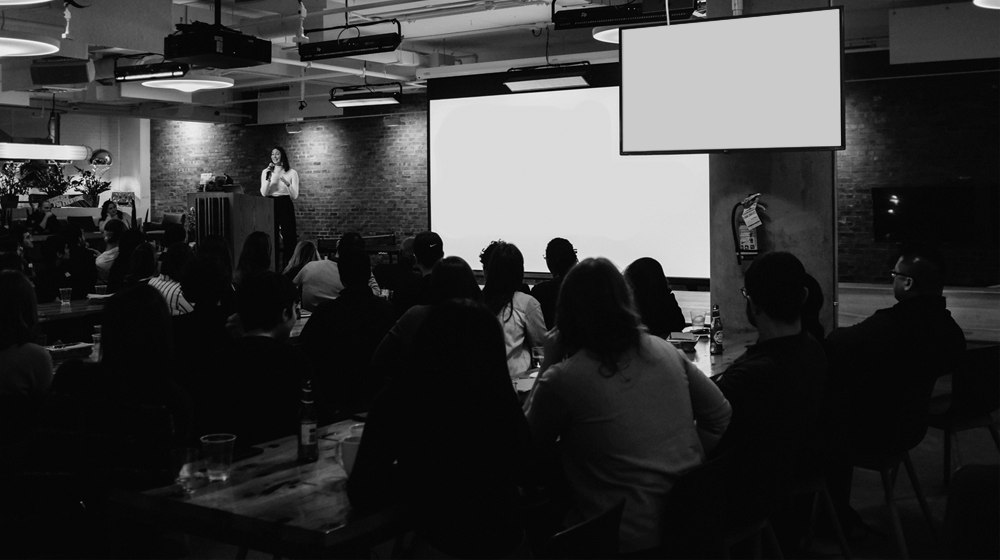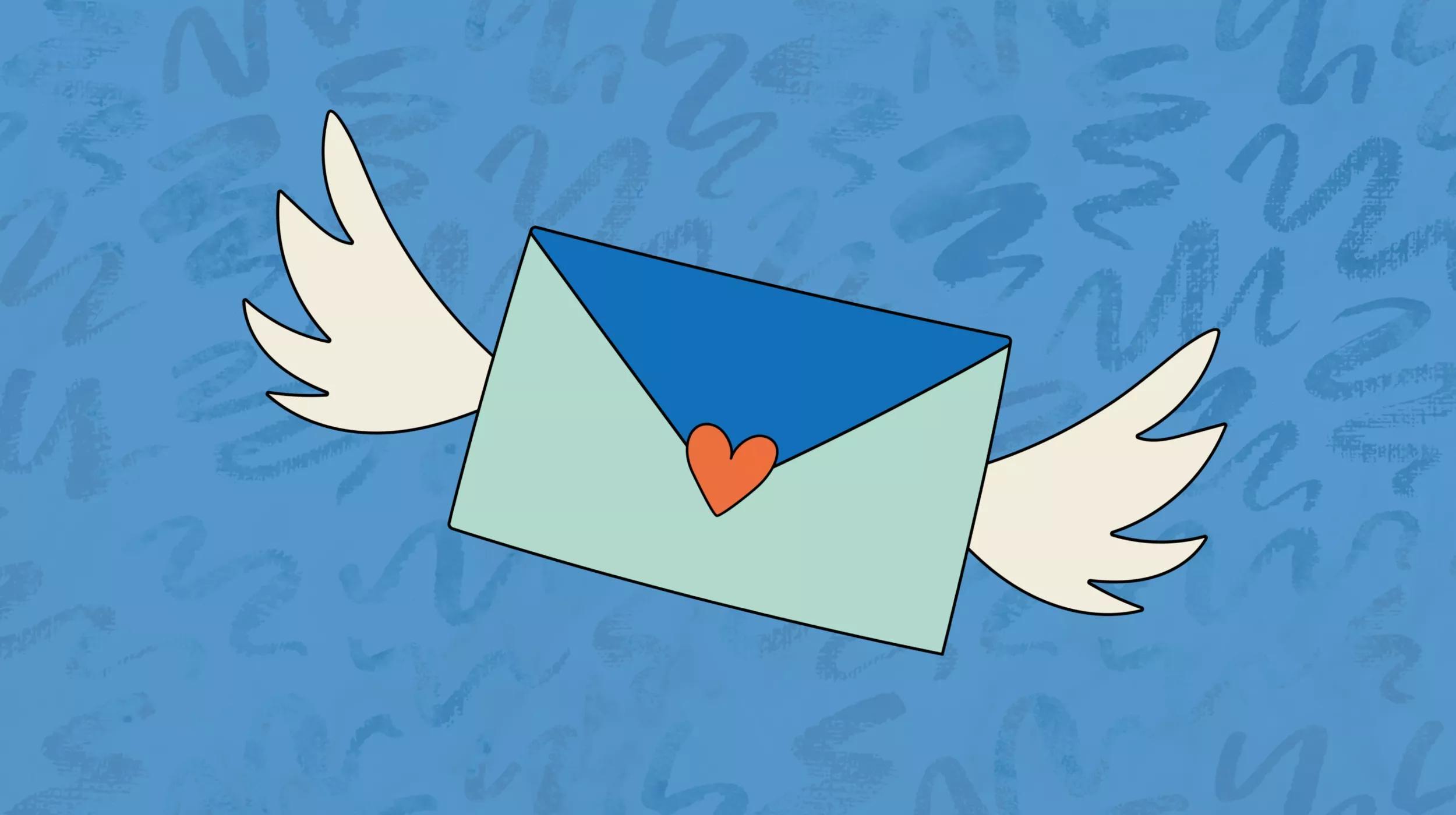Hey, howdy, hi, and welcome! My name is Allie Nimmons. I’m a WordPress and WordCamp enthusiast. I own a small WordPress maintenance business and work for a WordPress plugin company. I also speak at WordCamps through the GoDaddy Pro Ambassador program.
I got my start in the tech industry through education and motivation I received at a WordCamp. It’s been my goal to pay that forward ever since.
This series is a guide for organizers of any sort of local conference, event, or meetup.
The first chapter covered creative event tips for group organizers.
Let’s dive into the second chapter - creating repeat speakers!
Why is it important to create repeat speakers?
Bringing in new speakers should always be a priority, but it's also important to have people come back and speak again after their first time. First-time speakers bring in new energy and grow your community, while repeat speakers bring a host of other benefits.
A full and compelling schedule is crucial for attracting attendees. Returning speakers are great for helping you fill your roster of presenters. They’ve already experienced your event and, hopefully, they had a great time.
If you want your event to be successful, year after year, you want a community of people who feel invested in it. That includes the best of your past speakers. Bring back the ones who reflect the qualities you want the most in your community. They’ll be good representatives.
Repeat speakers are prime examples of social proof who can also help promote your event. As long as they had a good time before, when the event rolls around again, they should be happy to talk it up to their friends.
Speakers want people to see their presentation, so it's in their best interest to invite others to attend. If they’re familiar with the details of the event, this is much easier.
Finally, an indicator of success is having lots of repeat speakers in your speaker application pool. If few or none of your past speakers apply again, it’s indicative of a larger problem. But if most of your speakers want to return, you’re doing something right.
So, we all can agree that repeat speakers are beneficial. Easier said than done. How do you make sure that your previous speakers apply again?
Step 1: Set clear expectations with new speakers.
A lot of the work in creating repeat speakers is contingent upon whether they had a good experience the first time. Make sure they have a strong idea of what to expect when they speak for the first time. This can help them feel confident and set them up for a successful experience.
All this communication should come well before the event. Don't wait until the last minute to provide important information. Here are some things you’ll want to inform them upon before they speak the first time.
Be clear about the event’s dress code and atmosphere.
It’s awful to feel over- or under-dressed when you’re standing in front of a large crowd. Talk to new speakers about how to dress. Let them know what the tone is. Include photos from previous events in your promotions and on your site as reference.
Walk them through the event schedule.
Make sure your new speakers understand what the structure of their day will look like. Walk them through the schedule and how it's laid out. This will give them the opportunity to make the most of the time they have.
Let them know who is attending the event.
Give new speakers a general idea of what kinds of people they’ll have a chance to talk with. Let them know who’s coming to the event, including sponsors and other speakers. Part of their goal in speaking may be to build their professional network, hire talent, or explore job opportunities.
Lay out the Do’s and Dont’s.
For example, WordCamps have rules about what you can and cannot include in your slides. The Code of Conduct provides guidelines for behavior. Your venue may have specific rules in place. Make sure they are familiar with all the rules and guidelines so there are no faux pas.
Clarify socialization opportunities & expectations.
You may have a speaker dinner or after-party planned. Let them know where and when it is, and that they don’t have to go to either if they don’t want to. If you have any other opportunity that the speaker should know about, determine what's an expectation vs. what's optional.
Step 2: Provide resources and opportunities to rehearse.
Your goal is to make sure that the speaker succeeds. Set them up for success. If they do well, and get positive feedback, they are much more likely to want to do it again. Here are some things you can do to help their session go well:
Invite speakers to smaller events.
If you will be hosting any smaller events, like a local meetup, invite your speakers to present there first. There is less pressure, and they can get experience and immediate feedback on their presentation.
Hold office hours for questions.
Many organizers make themselves available to meet virtually with speakers. This is an ideal time for questions or feedback. This makes the speaker feel prioritized, like the event organizers are invested in their success.
Offer mentorship.
Some first-time speakers may need prolonged, one-on-one guidance. Pair them up with another, more experienced speaker, who can help them prepare.
Invite them to Slack or some other private group.
Connect your speakers with each other. If you have a Slack group, Facebook group, or any other type of virtual meeting area, invite your speakers to join. They can all get to know each other and exchange ideas and advice. Most WordCamps do this as a rule of thumb.
Share useful resources.
Provide new speakers with helpful blog posts, templates, links, tutorials, or recordings of effective talks. These can be on your website, on social media, or sent through email. You don’t always know what you don’t know. Share anything to help set them up for success!
Step 3: Create a great day-of experience.
First impressions matter. Make sure that your speakers feel welcomed and prioritized from the very beginning of the day.
Greet your speakers when they arrive.
Imagine arriving at an event where you don’t know anyone and don’t know where to go. You have questions or concerns, but you don’t know who to talk to. Everyone else seems to know each other, and you feel like the odd one out. It's disorienting.
But look! Someone is coming over, wearing a huge smile and a “Speaker Wrangler” badge. They introduce themselves, welcome you, show you to the Speakers Lounge, give you a map of the venue, tell you which room you’ll be speaking in, and answer all your questions. Then they introduce you to another speaker, someone who will speak in the same room right before you.
Follow up with your speakers during the event.
That warm feeling of welcome should not fade during the day. Try to get a dedicated organizer or volunteer who will touch base with speakers throughout the event. This can be more difficult for large events, but it’s worth the effort.
If you notice a speaker sitting alone or looking lost, help them find their way, or pull into a conversation. Have someone check in before each talk to make sure speakers have everything they need. After their session ends, have an organizer ask how everything went.
No event goes 100% perfect without a hitch, but the speaker should always feel that the event organizers care about making things right.
Step 4: Follow up with your speakers after the event ends.
Once it’s all said and done, your work as an organizer still isn’t over. First impressions are important, but the feeling your speakers have post-event is just as important.
Thank them personally and publicly.
If you can, thank each speaker face-to-face after their talk. If you can’t do this -- and even if you can! -- make sure to send an email to each speaker, thanking them for making your event awesome. Express your gratitude in a public way as well, whether it’s in Slack or social media or your newsletter. Let the world know that you are grateful for each and every speaker.
Ask for their feedback.
Do this privately. It could be a one-on-one conversation in person, via an email thread, or a DM on Slack. A streamlined way to do it is through an anonymous survey. Ask about all aspects of the event, from what you provided for lunch, to the quality of the presentation equipment. You want them to feel like their feedback matters, because it does. As a speaker, it’s awesome to hear that an improvement you suggested will actually be a reality next time.
Invite them to other events and activities.
You’re not just inviting them back to an event, but inviting them into your community. There’s no pressure to speak, but just to attend. If the speaker presented at a monthly meetup, invite them to attend the next meetup. If they spoke at a yearly event, like a WordCamp, still invite them to join your monthly meetups. If you host virtual events, invite them to join those.
Step 5: Invite your speakers back.
This is perhaps the most important step of all. The above advice shows your speakers that you value them and want them to come back. But asking them outright to come back is key.
Depending on the event, you may not be able to guarantee a spot based on their past speaking experience. In that case you will ask them to apply to speak.
Reach out, one-to-one, before you publish a general call for speakers or request for speaking proposals. That can help you identify previous speakers, without giving them preferential selection over new applicants.
The key to bringing great speakers back to your event? It’s all about basic human courtesy.
As a speaker myself, I know that when I’m made to feel like a vital member of the event, I’m itching to return. But don’t take my word for it.
To close out, here are some responses to a tweet I posted a while back:
“Share with me a story of a conference/meetup/WordCamp you spoke at and what they did to make you really want to come back and speak again. Likewise, what makes you never want to return?"
Responses included:
- Getting a plus-one to the speaker dinner
- Providing registration materials the night before
- Being provided ahead of time with a layout of the room, mic opens, dongle requirements, and the aspect ratio of the screen.
- Getting a personal welcome and thank you the day-of from organizers
- Covering all logistics (if possible)
- Individual communication about any allergies or special requirements
We’re all looking for a pleasant, stress-free experience. If your speakers see you’re making an effort to accommodate them, they are more likely to come back.








